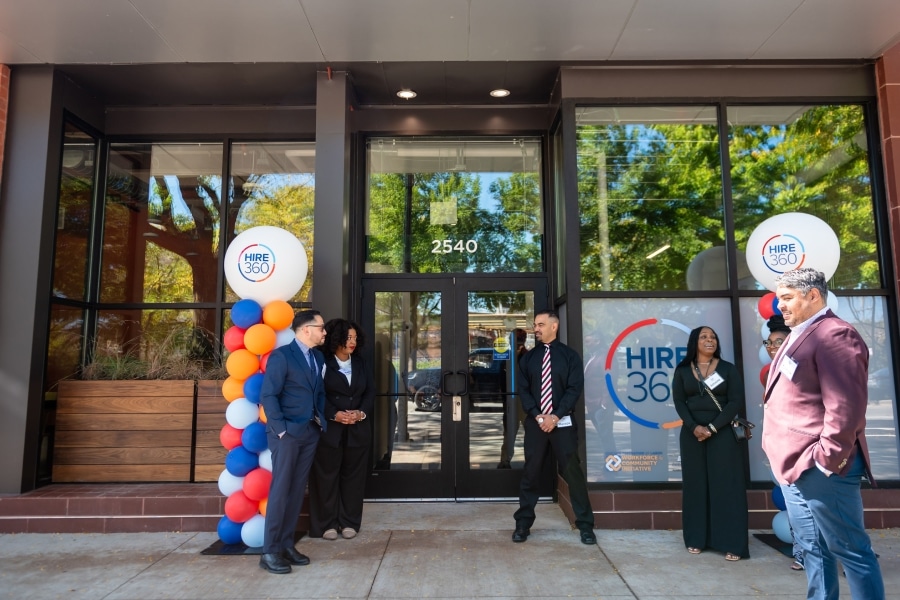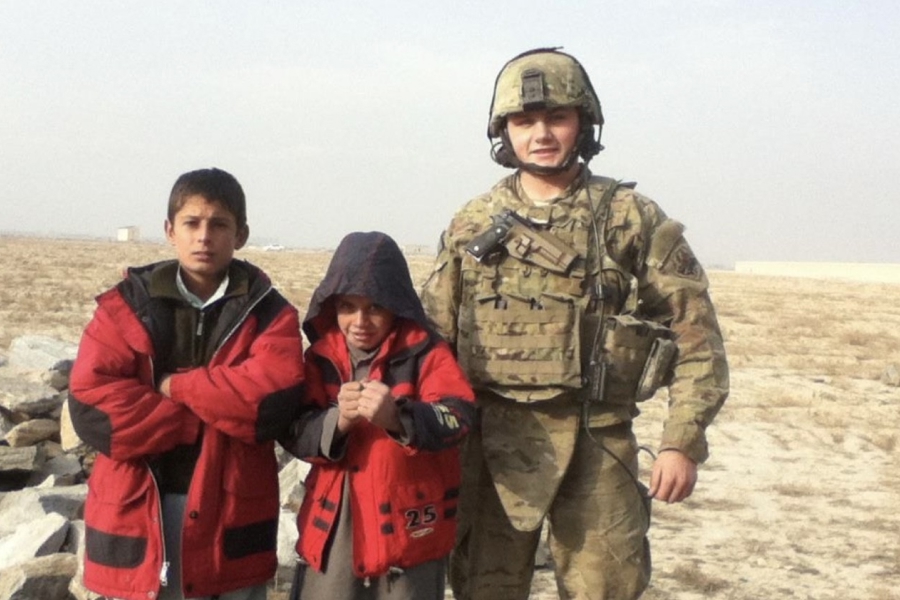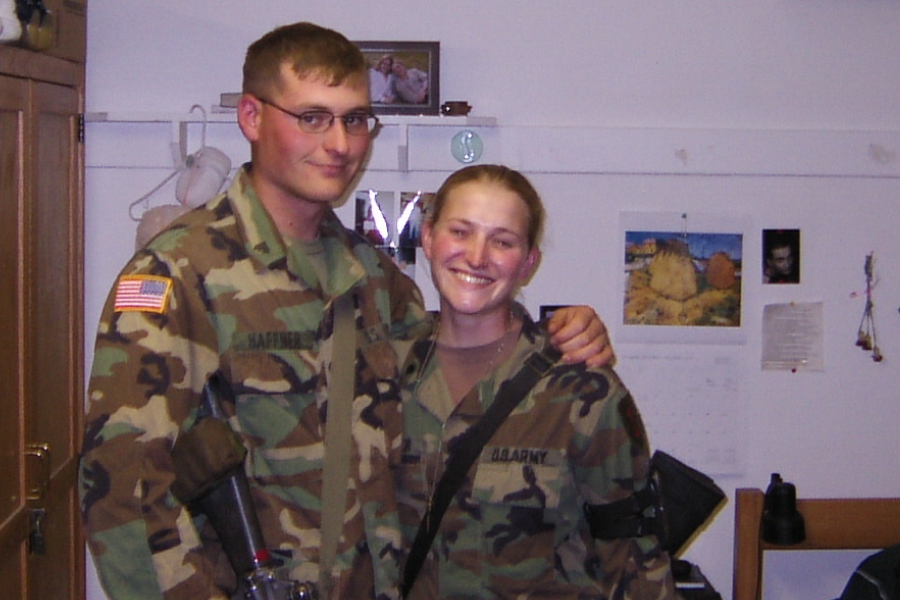If there were a list of people making the world a better place, Mari Borrero would be near the top.
The co-owner and CEO of American Abatement & Demo (AAD) in Auburn, Washington, has a story that could be made into a feature film. These days, Borrero leads a team of 12 employees with her husband and co-owner, Aaron, offering services such as abatement, demolition and asbestos testing.
The couple launched AAD, located about 30 miles south of Seattle, in 2017 specifically to provide jobs to military veterans and formerly incarcerated individuals—two groups with special relevance to the couple, since Borrero is a veteran and Aaron was formerly incarcerated.
Today, the business is thriving. It has been recognized as one of the fastest growing Latino-owned companies by Stanford Graduate School of Business.
“Mari and Aaron are doing good in the world; they have huge hearts,” said Jeremy Ice, AAD’s project manager. “I’m a veteran, and when I came back from Afghanistan, I didn’t have a job. It wasn’t that it was hard to find one, but the fact that they were willing to specifically help the transition made them stand out.”
Finding her way
Borrero’s story starts in Texas, where she grew up. Her mother, originally from Puerto Rico, is a nurse who struggled to find a job upon immigrating. She was ultimately able to land a job at a VA hospital before starting her own home health care company.
A high school soccer star, Borrero received a scholarship to Texas A&M University-Commerce, but after spending her first semester “partying more than attending class,” she said, her mom took away her car.
“I then reacted by quitting school and joining the U.S. Marines,” Borrero said, “which my mom was not happy about.”
Borrero spent the next four years (from 1996 to 2000) as an active-duty Marine stationed in North and South Carolina. After being honorably discharged, she went back to Texas to finish her degree and help her mom grow her business.
By that point, Borrero had a son, and she quickly noticed that he was having problems in school.
“I saw this and really took a look at the path he was on in the public education system. I didn’t want him to be a statistic because he is a minority, and so I decided to become a public school teacher,” said Borrero, who added that she taught bilingual education to second graders, quickly earning New Teacher of the Year Award for her school district.
Starting a business
Borrero’s story changed course a few years later when she met Aaron, also a military veteran. The pair started dating, and she moved her family to Washington to be closer to his home base, transferring to a school district nearby.
Moving to the other side of the country, however, was a major shock to Borrero.
“It was the Twilight Zone up here—so much different than Texas,” she said. “Down there, I was the norm—a lot of teachers are of mixed races in the classroom. But up here, I was the only minority.”
Borrero said nearly 90% of the teaching population was white, middle-class and female, without a criminal background. This wasn’t Borrero’s reality. She married Aaron, who was incarcerated at the time, and became incredibly passionate about helping children with incarcerated parents, even teaching a class specific to that population. Soon, Borrero became a teacher trainer on cultural diversity in the classroom; she even published two books for kids with parents in prison.
“The first one is called ‘Daddy Has a New Home, Not a New Heart’ to help kids understand that even though he isn’t home, he still loves you,” Borrero said. “And I wrote my second one with my husband, called ‘Our First Visit,’ which helps to prepare a child for their first visit of a parent who is behind bars.”
Following Aaron’s release from prison, he worked in construction, but frequently mentioned a desire to own his own company. Borrero picked up on this, and together the pair decided to start AAD to bring something new to the community and help former servicemembers and formerly incarcerated individuals.
Borrero continued teaching for a bit, but when the company started taking off, she decided to quit and dedicate her full attention to AAD.
Today, AAD is on track to make annual revenue of $1 million. Borrero said she is seeing many more women enter the construction field, which is hopeful, but she also knows that there is a lot of progress to be made, especially as it pertains to how women are treated on jobsites.
Borrero said her military experience has helped her every step of the way, from leaning into mentoring other women in the field to not being afraid of hard work—and, most of all, helping others. Borrero is constantly thinking of those she employs to help them create better lives for themselves and their families.
“When things get hard, I still push through because the seeds we are planting are going to help someone else,” said Borrero, who added a piece of advice for anyone starting their own company, regardless of industry: “I recommend hiring one previously incarcerated person. You don’t have to have a company like mine where that is the mission, but just start by giving one person a second chance and you will be blown away. They are humans just like everyone else.”











